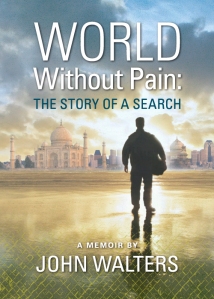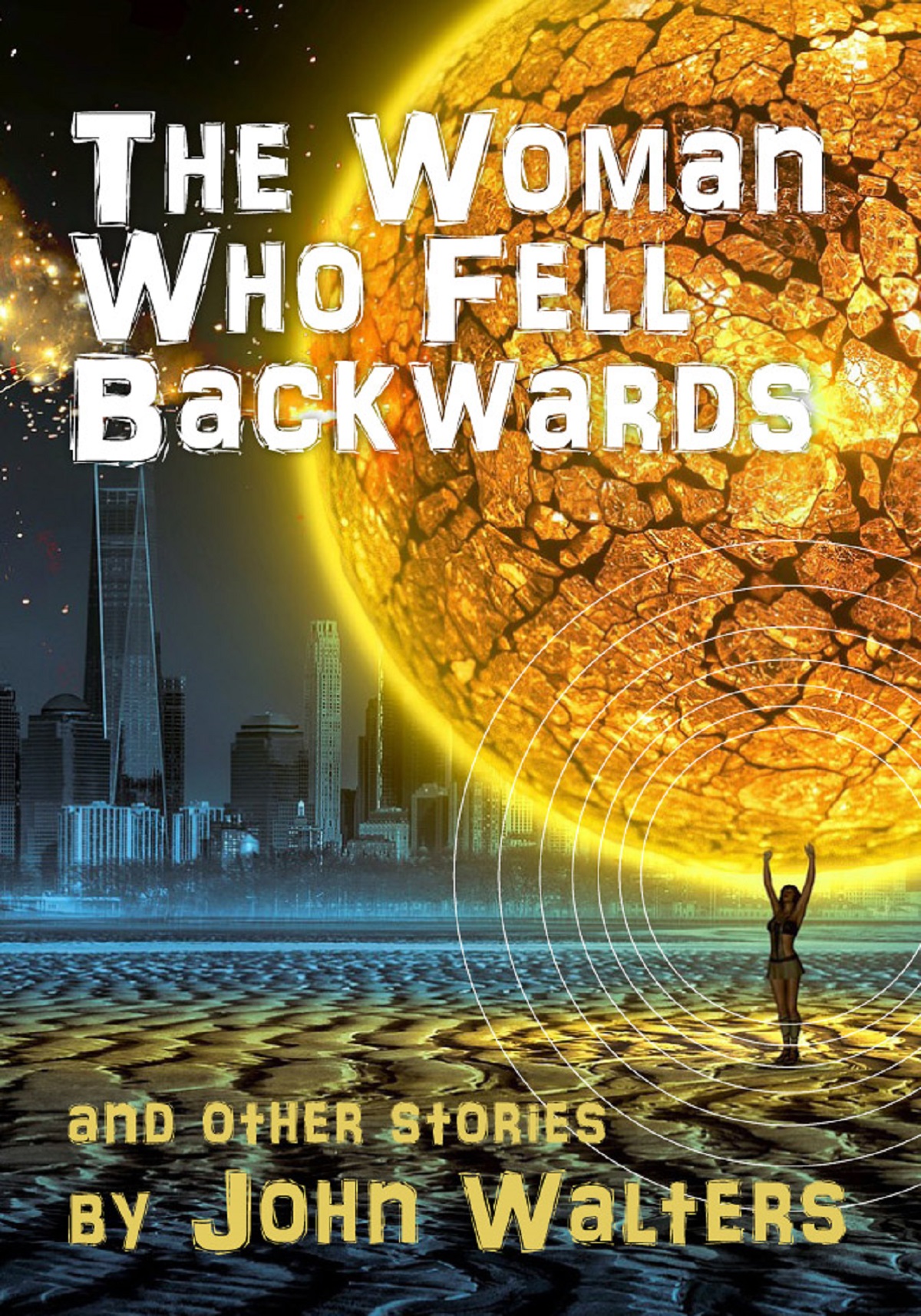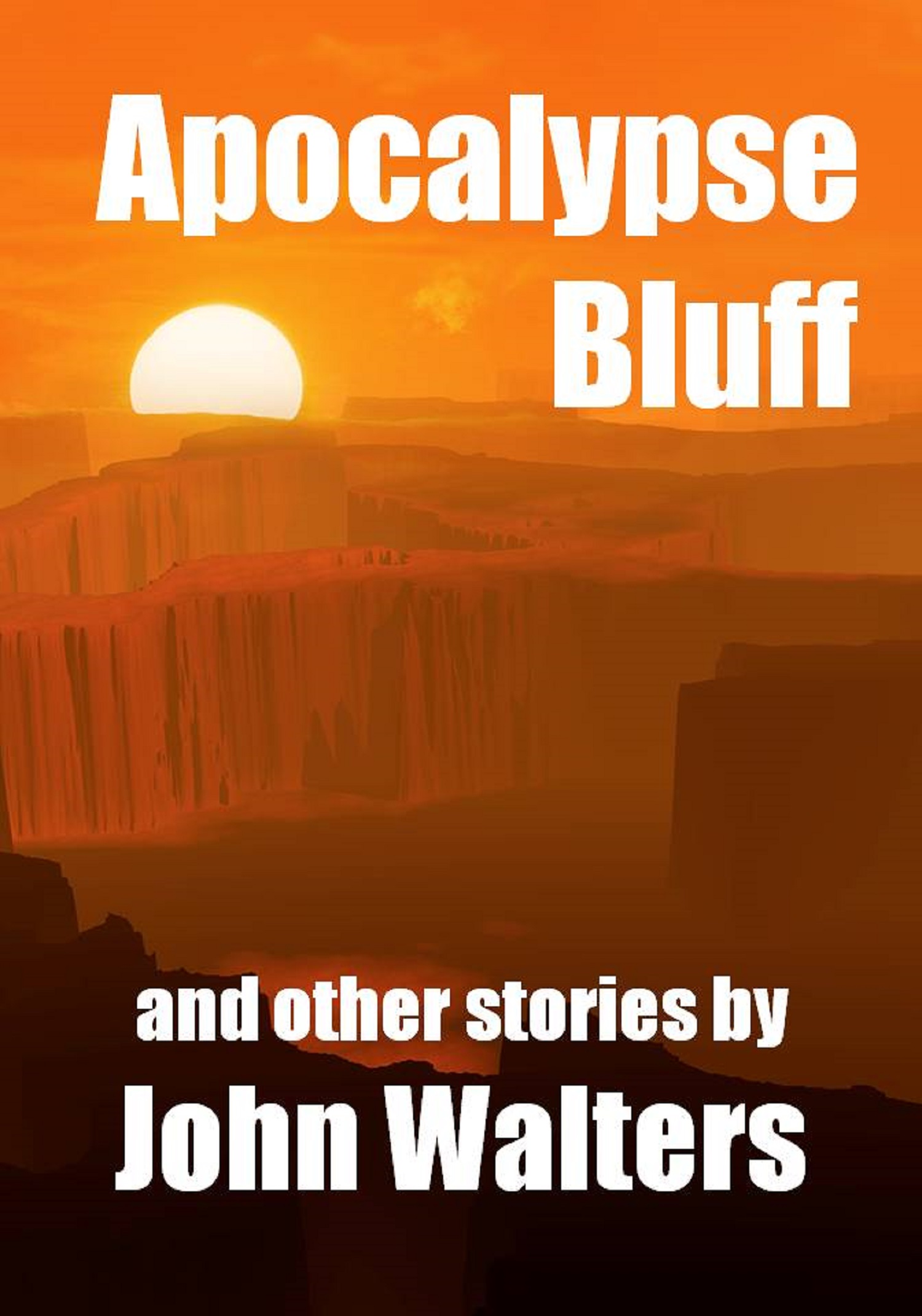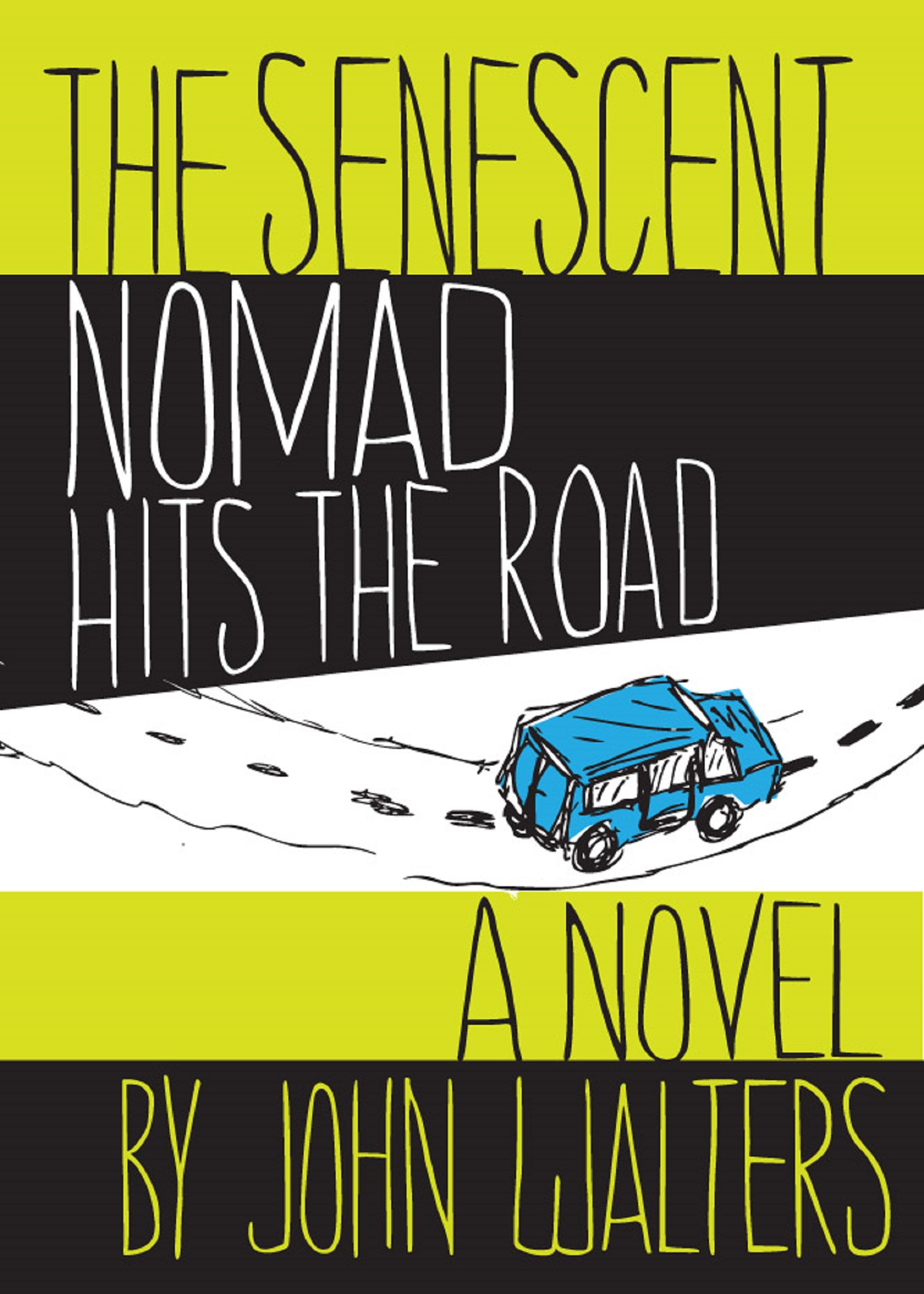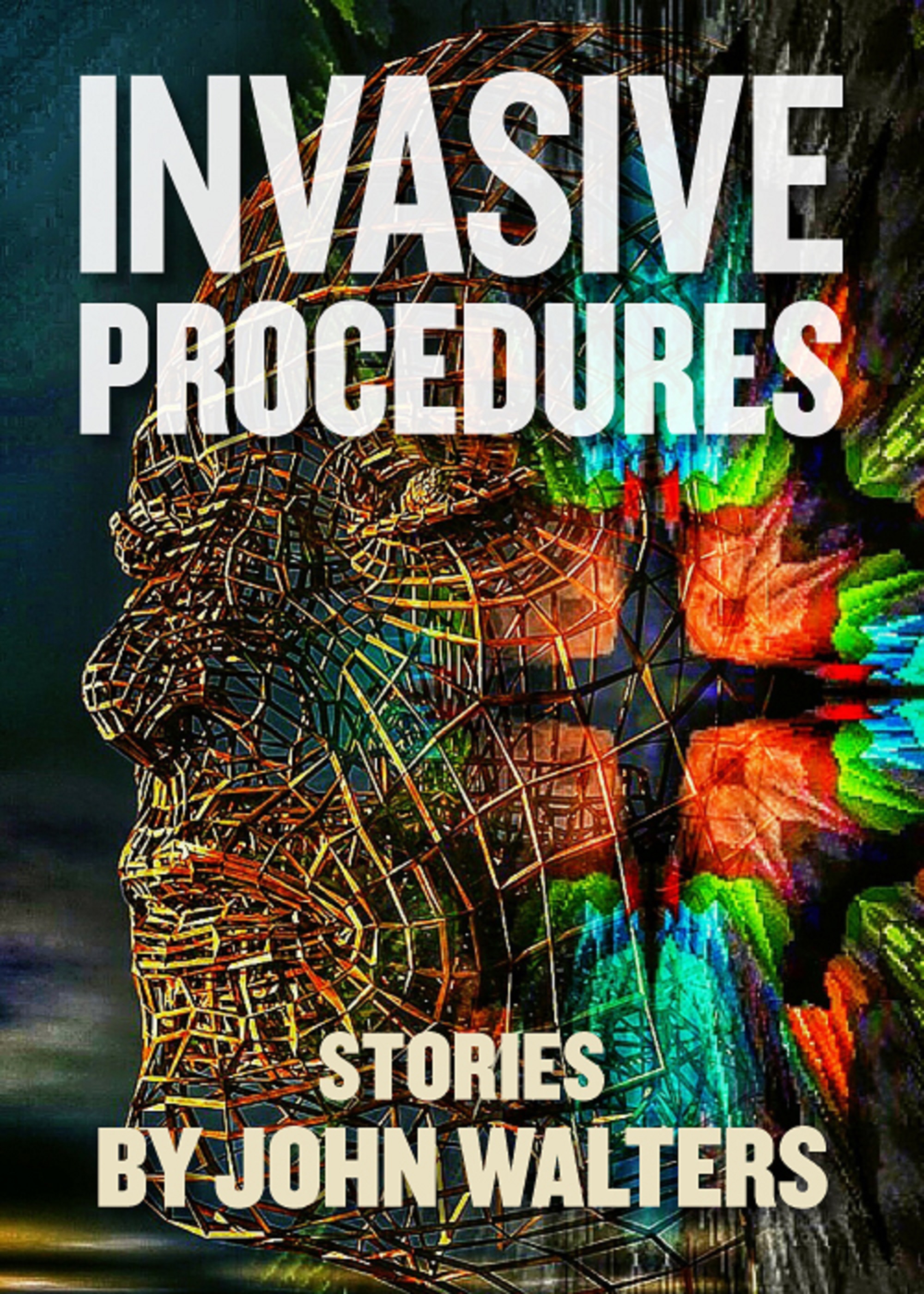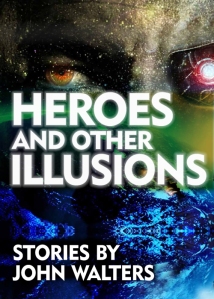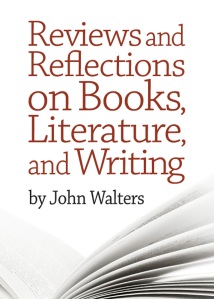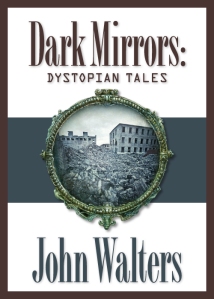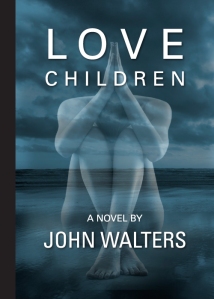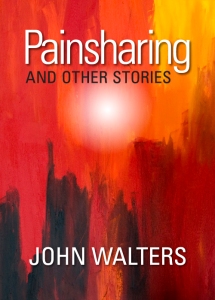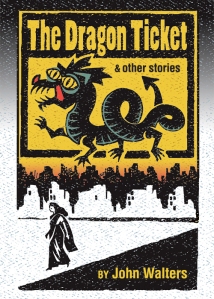Because the vast empire of the Soviet Union is dead and gone, it’s hard sometimes to remember how pervasive, influential, and terrifying it once was. I grew up during the Cold War, when the ongoing struggle between communism and capitalism as exemplified by Russia and the United States was a fact of life. It screamed at us through novels and films such as the James Bond series, The Spy Who Came In From the Cold, and many other works. Not only that, but it hit the young men of my generation in a personal way through the war in Vietnam and the draft, which had been interpreted to us by those who promoted the war as one more arena in the continuing battle against communism. We saw people like Khrushchev and Brezhnev on the news, and they seemed like ambassadors from another planet. The truth was, though, that these public figures were rulers in a land in which the common people, supposedly in the name of reform but actually to keep the ruling elite in power and privilege, were being enslaved, tortured, and murdered.
Remnick’s book focuses on the last days of the Soviet Union under Gorbachev and the nonviolent revolution that brought about the end of the union, the independence of the various satellite republics, and the democratization of Russia. Its main arc begins around 1985 when Gorbachev initiated perestroika, which means restructuring, and glasnost, which means openness, to bring to light aspects of Soviet history that had been long hidden such as Stalin’s purges of millions of citizens through execution or exile to labor camps. This aroused the ire of right-wing factions of the communist party who were staunch supporters of Stalin and the one-party system of absolute rule. It turned out that most of these people worked to retain the existing system not because they gave a damn what happened to the workers that it was all supposedly for, but rather because they wanted to retain their opulent lifestyles, their luxurious offices, their holiday villas, their private limousines and planes, and other perks that the top men received. Remnick details the fine line that Gorbachev walked, especially in the beginning, to open up the country but at the same time pacify the reactionaries.
As perestroika and glasnost became more prevalent, liberal factions of the media in the country reacted and made brave steps to get the truth out to the common people. Miners and other groups of workers went on strike to protest their squalid work and living situations. The situation escalated until satellite republics broke away from the union and Boris Yeltsin became Russia’s first elected president. Hard liners in the Kremlin, the KGB, and the military attempted one final coup out of desperation; when it failed, Russia and the rest of the countries in the erstwhile Soviet Union had truly become changed lands.
All of this may sound like tedious and boring history, but Remnick brings it to life so that it reads like a fictional political thriller. Remnick, who at the time worked as a reporter for the Washington Post, arrived in Moscow in 1988 with his wife, lived through these tumultuous events, interviewed all the major players, and traveled throughout the country to get perspectives from isolated areas. He earned my respect when he describes that, during a visit to a coal mining region in Siberia, he strapped on equipment and lights and went deep into a dangerous mineshaft so he could see firsthand the horrendous conditions under which the miners worked. I got acute claustrophobia just reading about it.
This book was first published in the early 1990s and won a Pulitzer Prize for nonfiction. It deserved the prize. It’s meticulously researched, full of firsthand information, and very well written. One might suppose that it is irrelevant to our present era, but it isn’t. In fact, as I read it, I had a sense of immediacy and a feeling that governments are volatile entities and things can change fast in national and international politics. Before Gorbachev initiated the changes that brought about the fall of the communist party, the Soviet Union was bankrupt and many of its people were suffering and starving, but very few would have thought it possible that in a few short years, Russia would change on such a massive scale. This book is a great read and highly recommended.


